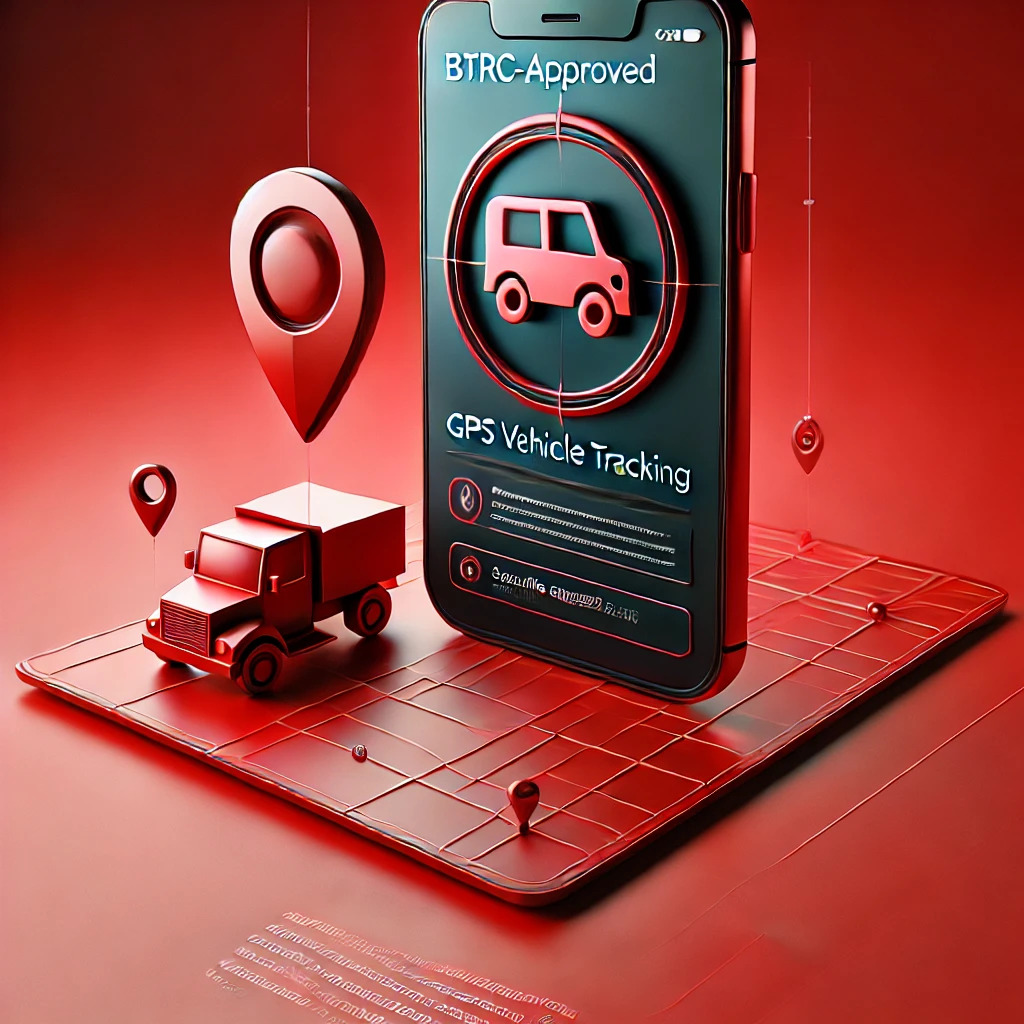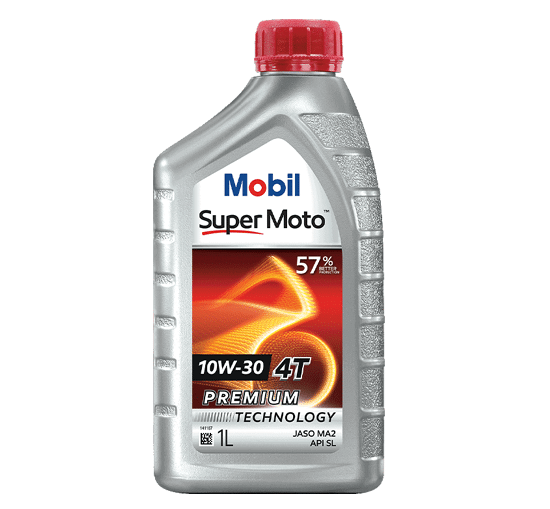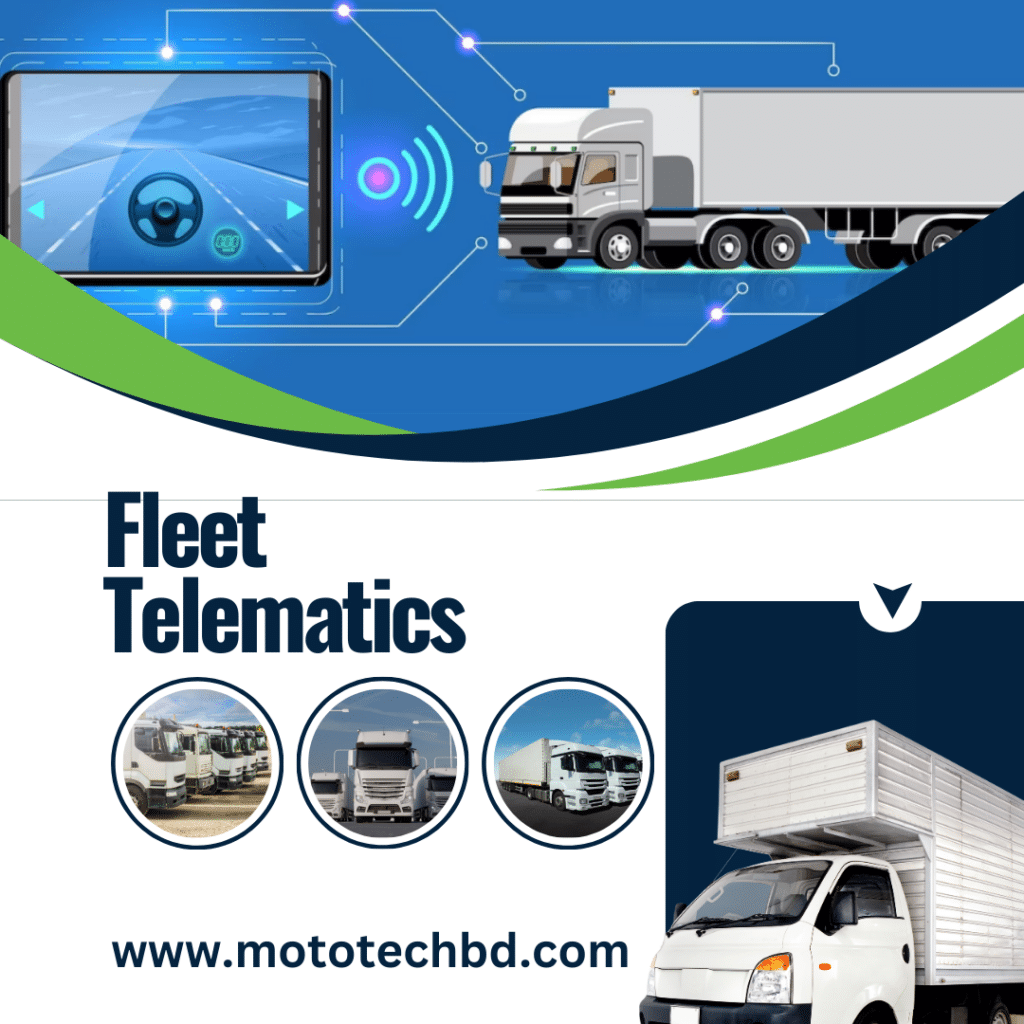In today’s fast-paced world, vehicle tracking systems are becoming increasingly important for businesses and individuals alike. Whether you’re managing a fleet of vehicles or looking for a way to protect your personal car, these systems provide real-time insights into vehicle location and activity. In this blog post, we will explain how these systems work, their key benefits, and why they are essential for modern-day vehicle management.
What are Vehicle Tracking Systems?
A vehicle tracking system is a technology that allows for the remote monitoring of a vehicle’s location, speed, and other important data. Using a combination of GPS technology, onboard diagnostics, and telematics, these systems collect real-time data and transmit it to a central server. The information is then accessible through a web platform or mobile app, allowing users to track vehicles live.
How Vehicle Tracking Systems Work
At the core of any vehicle tracking system is a GPS-enabled device installed in the vehicle. Here’s how the system operates:
- GPS Device: The tracker uses satellite signals to determine the vehicle’s exact location.
- Data Collection: The system collects data such as speed, routes, and engine diagnostics.
- Data Transmission: This information is transmitted to a server through cellular or satellite networks.
- User Interface: Fleet managers or vehicle owners can access this data in real-time via an app or web portal.
Benefits of Vehicle Tracking Systems
- Enhanced Security
By knowing the exact location of a vehicle at all times, vehicle tracking systems help prevent theft and allow for quick recovery if a vehicle is stolen. Some systems even come with geofencing capabilities, sending alerts if the vehicle moves outside of predefined areas. - Fleet Management Efficiency
For businesses with multiple vehicles, these systems provide a wealth of data that helps improve efficiency. Managers can track real-time locations, monitor driver behavior, and optimize routes, which ultimately reduces fuel costs and improves customer service. - Cost Savings
Monitoring fuel consumption, idle time, and route efficiency can lead to significant cost savings. By using vehicle tracking systems, businesses can reduce operational expenses and make informed decisions to increase productivity. - Driver Behavior Monitoring
These systems allow businesses to monitor driving habits, such as speeding, hard braking, and excessive idling. This data helps improve driver safety and can reduce the likelihood of accidents, thus lowering insurance premiums. - Compliance with Regulations
Vehicle tracking systems can also help companies stay compliant with industry regulations. For example, they can assist with logging hours of service for drivers, ensuring compliance with legal requirements.
Key Features of Vehicle Tracking Systems
- Real-Time Location Tracking
Real-time GPS tracking allows users to view the live location of vehicles at any given moment. This feature is crucial for both personal security and business operations. - Geofencing
Geofencing enables users to set virtual boundaries around specific areas. If a vehicle enters or leaves these areas, the system will send an alert. This is particularly useful for fleet management and theft prevention. - Route History and Playback
Vehicle tracking systems typically store historical data, allowing users to view the routes taken by a vehicle over time. This feature is helpful for auditing driver routes or identifying inefficient travel patterns. - Driver Scorecards
Many advanced systems offer driver scorecards, which rate driver performance based on behavior such as speeding, hard braking, and acceleration. Fleet managers use this data to coach drivers and improve overall fleet safety. - Engine Diagnostics
Some tracking systems integrate with the vehicle’s onboard diagnostics (OBD) system to provide data on engine health, fuel usage, and vehicle maintenance needs. This helps reduce downtime and ensures vehicles remain in optimal condition.
Applications of Vehicle Tracking Systems
- Fleet Management
For businesses that operate fleets of vehicles, whether trucks, taxis, or delivery vans, vehicle tracking systems are indispensable. They allow fleet managers to monitor the location, condition, and performance of each vehicle, ensuring smooth operations and maximizing productivity. - Personal Vehicle Security
Individuals use vehicle tracking systems for added security and peace of mind. Whether it’s tracking your car’s location after parking in a busy area or recovering it in case of theft, these systems offer reliable protection. - Logistics and Delivery
For logistics companies, real-time tracking improves delivery accuracy and efficiency. Knowing the exact location of delivery trucks ensures better communication with customers and helps optimize routes for quicker service. - Rental Car Services
Vehicle tracking systems help rental companies manage their fleet, monitor vehicle usage, and prevent unauthorized usage. They also make it easier to recover vehicles in case of non-return. - Emergency Response
Emergency services, including ambulances and fire trucks, rely on vehicle tracking systems for real-time location data. This ensures quick response times in emergencies, potentially saving lives and reducing property damage.
How to Choose the Right Vehicle Tracking System
When selecting a tracking system, consider the following factors:
- Compatibility: Ensure the system is compatible with your vehicle type and needs.
- Update Frequency: Choose a system that offers frequent updates for real-time monitoring.
- Mobile Access: Look for systems with a user-friendly mobile app for easy monitoring on the go.
- Alerts and Notifications: Ensure the system provides customizable alerts for events such as speeding, entering/exiting geofenced areas, and maintenance reminders.
- Customer Support: Opt for a service with reliable customer support for troubleshooting and guidance.
Top Vehicle Tracking Systems Available Today
- TrackersBD Vehicle Tracking System
This system offers real-time tracking, geofencing, and a user-friendly app, making it a great choice for fleet managers in Bangladesh. - Samsara Vehicle Tracking
An all-in-one solution for fleet management, Samsara provides real-time location tracking, driver behavior monitoring, and maintenance alerts. - Verizon Connect Reveal
Verizon’s system offers robust tracking features, including customizable reports, real-time alerts, and fleet management tools. - CalAmp Fleet Tracking
This system provides reliable real-time tracking, engine diagnostics, and extensive reporting features for large fleets.
Vehicle tracking systems are more than just a security tool—they’re a powerful solution for managing vehicles efficiently and safely. Whether for personal use or fleet management, these systems provide valuable insights, reduce costs, and enhance overall security. Investing in a high-quality vehicle tracking system will ensure that your vehicles are always protected and operating at their best.


 YAMAHA
YAMAHA SUZUKI
SUZUKI HONDA
HONDA










